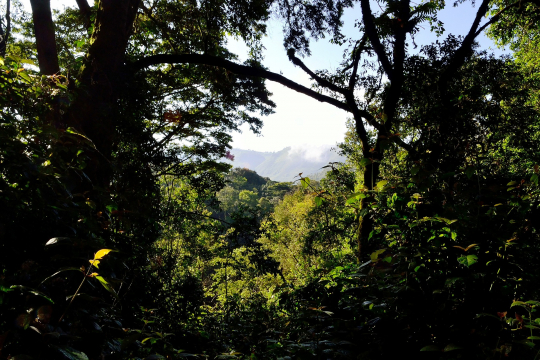Developing country forests sustain livelihoods, help to control flooding, recharge aquifers, pollinate crops, cycle nutrients, harbor biodiversity, and sequester carbon. As a result, forest loss and degradation have serious environmental and socioeconomic consequences. Decentralization and devolution of governance have arguably been the most important policy trend affecting developing countries’ forests over the past three decades. Driven by fiscal and administrative constraints, local community demands for participation, and external pressure from donors, dozens of countries have decentralized and/or devolved forest governance. A considerable literature examines the decentralization and devolution of forest governance in developing countries. However, most of the studies in this literature use qualitative case study approaches; far fewer use rigorous impact evaluation and other quantitative methods that aim to control for the influence of confounding factors, enhance external validity, and facilitate reliable policy prescriptions. This Special Section aims to help fill that gap. It features studies that use rigorous impact evaluation methods to analyze observational or experimental data.
Decentralized Forest Management: Experimental and Quasi-experimental Evidence
EfD Authors
Sustainable Development Goals
Publication reference
World Development, Special Issue


